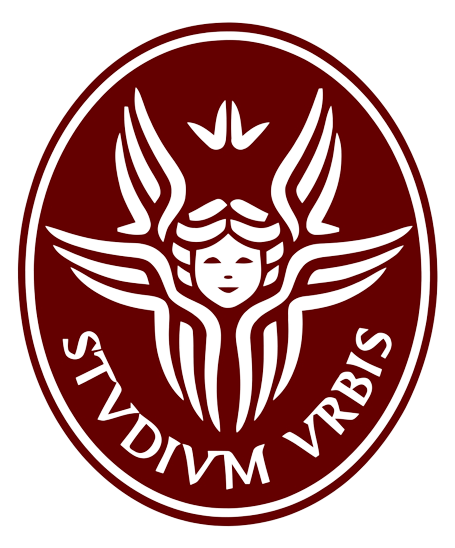The Master of Science (MSc) program in Biology at Concordia University is designed to provide students with advanced knowledge and research skills in various areas of biology. The program typically consists of coursework, research, and a thesis component. Here are some key aspects you might expect to encounter in the program:
Core Courses: You will likely be required to complete a set of core courses that provide a solid foundation in biology. These courses might cover topics such as advanced cell biology, genetics, molecular biology, ecology, and evolution. The specific courses may vary depending on your research interests and the focus of the program.
Elective Courses: In addition to the core courses, you will have the opportunity to choose elective courses that align with your research interests or career goals. These courses can cover specialized topics in various sub-disciplines of biology, such as microbiology, biochemistry, neurobiology, plant biology, or animal physiology.
Research Component: A significant part of the program will involve conducting independent research under the guidance of a faculty advisor or mentor. You will have the chance to pursue original research in your chosen area of specialization. This may involve designing experiments, collecting and analyzing data, and interpreting results.
Thesis: As part of the MSc program, you will be expected to write and defend a thesis based on your research findings. The thesis should demonstrate your ability to conduct independent research and contribute new knowledge to the field of biology.
Seminars and Workshops: Throughout the program, you may also have the opportunity to attend seminars and workshops where you can present your research, learn about cutting-edge topics in biology, and engage in discussions with faculty members and fellow students.
It's important to note that the specific requirements and structure of the MSc program in Biology at Concordia University may vary, and there might be additional opportunities for specialized study or interdisciplinary collaboration depending on your specific interests. It's recommended to consult the official program website or contact the university's department of biology for detailed and up-to-date information on the curriculum.
Show less














